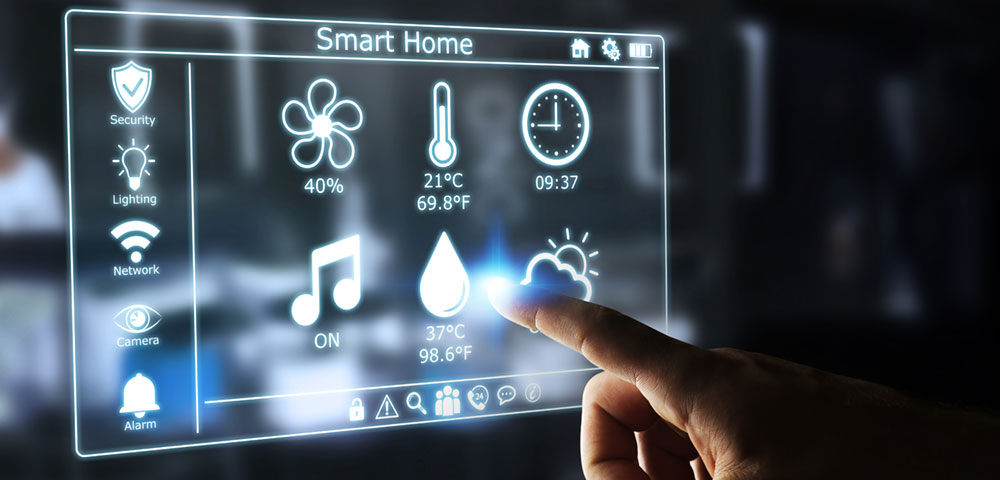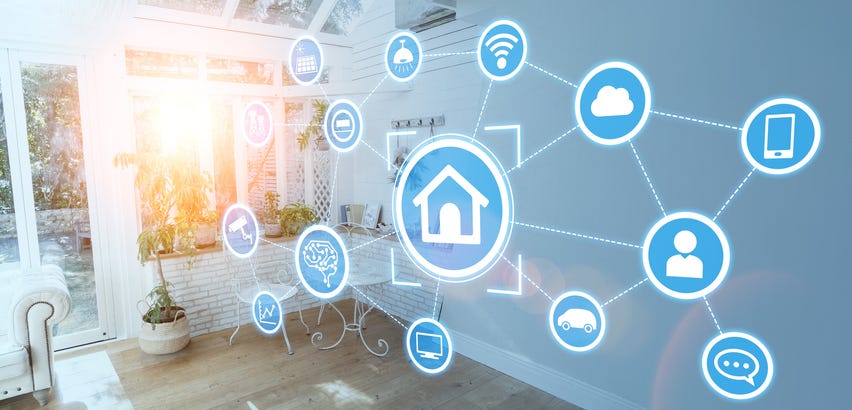
Eco-conscious automation strategies for a sustainable future
Share
In today's rapidly advancing technological landscape, the integration of eco-conscious automation strategies is becoming increasingly vital. As tech professionals and enthusiasts, we stand at the forefront of a movement that marries innovation with sustainability. Our challenge is to ensure that technological progress does not come at the expense of the environment but rather contributes positively to it. This article delves into the strategies that can be employed to create a sustainable future by harnessing the power of automation.

Why Eco-conscious Automation Matters
The importance of eco-conscious automation cannot be overstated. With the planet facing unprecedented environmental challenges, the onus is on us to reduce carbon footprints and promote sustainable practices. Automation technologies, when integrated thoughtfully, can drastically cut down on energy consumption, reduce waste, and promote efficient resource management.
Key Strategies for Eco-conscious Automation
1. Energy-efficient Smart Homes
One of the most impactful ways to incorporate eco-friendly automation is through smart home technologies. These systems can optimize energy use by automating heating, cooling, and lighting based on occupancy and time of day. For instance, smart thermostats can learn user patterns and adjust the temperature accordingly, which can significantly reduce energy consumption. For more insights on integrating smart home technologies for greener living, check out this smart home tips.
2. Sustainable Industrial Automation
In the industrial sector, automation can lead to more sustainable practices by optimizing manufacturing processes to reduce waste and energy usage. Implementing eco-conscious automation strategies in factories can lead to significant reductions in resource consumption. Technologies like IoT sensors can monitor and optimize energy use in real-time, ensuring that machines operate only when necessary.
3. Reducing Latency in Systems
Latency in automated systems can lead to inefficiencies that waste energy and resources. By optimizing system performance and reducing latency, we can ensure that automation processes are running as efficiently as possible. Learn more about how reducing latency can enhance sustainability in this detailed post.
4. The Role of IoT in Sustainable Living
The Internet of Things (IoT) plays a crucial role in enabling eco-conscious automation. IoT devices can collect and analyze data to optimize resource use in real time, from smart meters that track energy consumption to sensors that monitor air quality. These technologies not only improve efficiency but also provide valuable insights into sustainable living practices. Dive deeper into how IoT contributes to sustainability in this informative article.
Challenges and Solutions
While the benefits of eco-conscious automation are clear, there are challenges that need to be addressed. These include the initial cost of implementation, the need for robust data security measures, and the potential for technology to outpace regulatory frameworks. However, solutions are emerging. Governments and organizations are increasingly offering incentives for adopting green technologies, and advancements in cybersecurity are making automated systems more secure.
The Future of Eco-conscious Automation
The future of eco-conscious automation is bright, with ongoing innovations paving the way for more sustainable practices. From green construction technologies to eco-friendly home automation products, the possibilities are endless. Explore some of these exciting innovations in this comprehensive guide to the future of sustainable homes.
Conclusion
As tech professionals and enthusiasts, we have the power to drive change and lead the charge towards a more sustainable future. By embracing eco-conscious automation strategies, we can ensure that our technological advancements are aligned with environmental stewardship. The journey towards sustainability is ongoing, but with continued innovation and commitment, we can build a world where technology and nature coexist harmoniously.

FAQs
What are eco-conscious automation strategies?
Eco-conscious automation strategies involve the use of technology to optimize resource use, reduce waste, and minimize environmental impact, ensuring sustainable practices in various sectors.
How can smart home technologies contribute to sustainability?
Smart home technologies can optimize energy use by automating systems such as heating, cooling, and lighting based on real-time data, reducing energy consumption and promoting sustainability.
What role does IoT play in eco-conscious automation?
The Internet of Things (IoT) is crucial for eco-conscious automation, enabling real-time data collection and analysis that optimizes resource use and enhances sustainable living practices.
